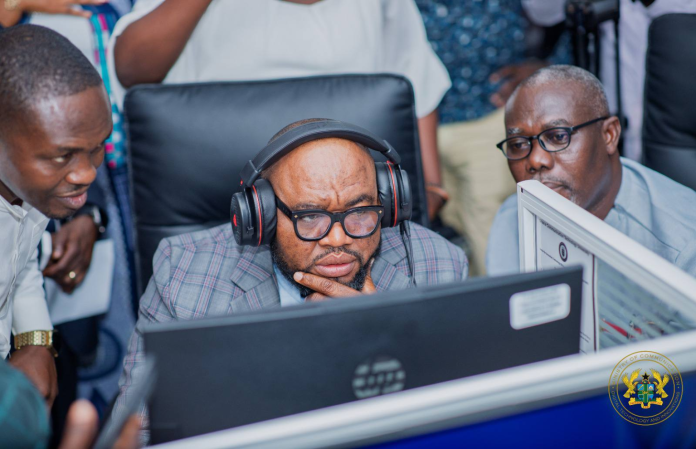Ghana’s push toward a knowledge-driven economy hit a significant milestone this week when Deputy Minister Mohammed Adams Sukparu officially opened the Centre for Innovation Technology Skills and Entrepreneurship Training (CITSETT) at Ghana Communication Technology University (GCTU). The launch represents a concerted effort to bridge the digital skills gap and position the country as a competitive regional innovation hub.
Sukparu reaffirmed the Ministry’s backing for GCTU’s transformation agenda, describing CITSETT as far more than bricks and mortar. “This lights a big hope for students, innovators, the ecosystem, and the entire nation,” he explained, framing the initiative as Ghana’s commitment to nurturing homegrown talent and commercializing ideas on a global stage.
The Ministry is channeling resources into three core areas at the university. First comes enhanced digital infrastructure, which will include fiber connectivity and expanded campus Wi-Fi coverage. Second is a state-of-the-art cybersecurity laboratory where students can engage in practical training across digital forensics, ethical hacking, and penetration testing. Third is acceleration of the broader innovation agenda that positions GCTU as a “shining example of digital transformation on campus,” according to Sukparu.
The cybersecurity facility holds particular urgency. Sukparu emphasized that the lab will equip students with job-ready skills while simultaneously strengthening Ghana’s national cyber defense capacity through real-world attack simulations and threat intelligence training. This dual benefit underscores why the initiative has become a priority within the Ministry’s strategic planning.
GCTU’s ambition to replicate a Silicon Valley model within Ghana caught the Deputy Minister’s attention during the ceremony. He praised the university’s vision of creating a technology ecosystem capable of attracting innovators and entrepreneurs who might otherwise seek opportunities elsewhere on the continent.
To sustain CITSETT’s momentum, Sukparu outlined four strategic pillars. The Ministry plans to prioritize infrastructure and cybersecurity support in future budgets, foster deeper collaborations between GCTU and national digital initiatives, leverage existing capacity-building programmes like GDAP to strengthen institutional readiness, and implement a long-term sustainability framework that ensures the centre remains operational and competitive beyond initial funding cycles.
The timing of this launch reflects growing recognition that Ghana’s economic future depends on cultivating a resilient innovation ecosystem. With cybersecurity threats intensifying globally and the demand for digital talent outpacing supply across Africa, establishing centers like CITSETT signals the country’s determination to build indigenous capacity rather than rely solely on importing skills from abroad.
Source: newsghana.com.gh











